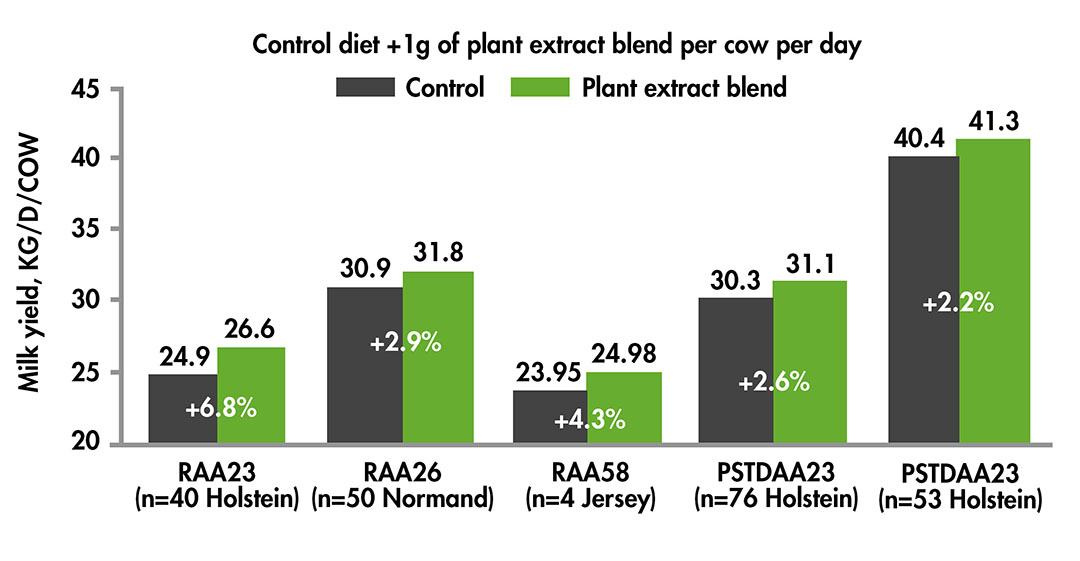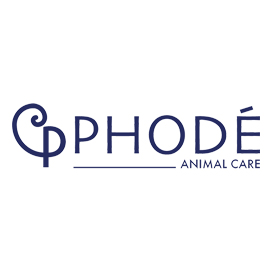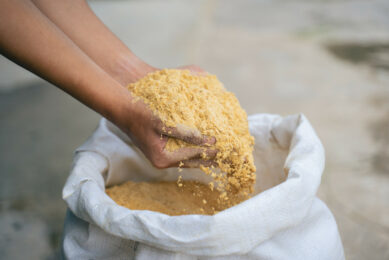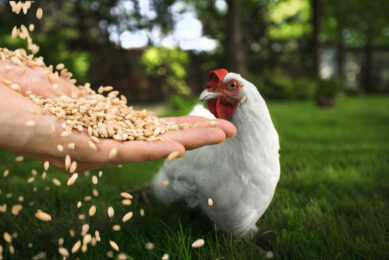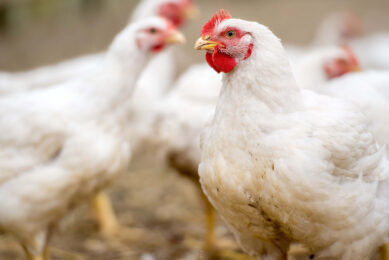Raw materials: Prices soar and margins melt, what is the good news?
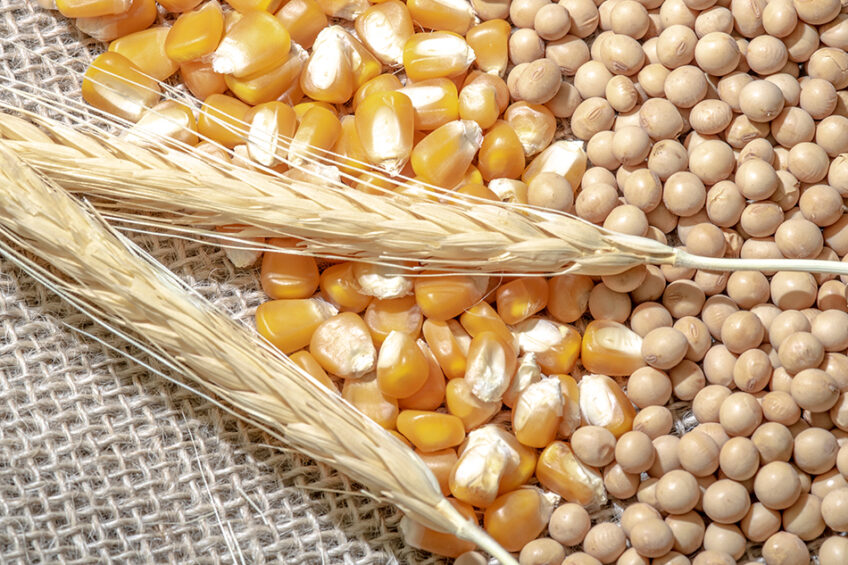
The war in Ukraine is only an accelerator of a crisis that started long before: the commodity crisis. The price of raw materials for animal feed is rising, some are no longer available or are becoming restricted. The price of energy is not immune to this logic, quite the contrary.
Livestock feed has been doubly affected, both by the increase in the price of all raw materials and by the price of energy, a major item in manufacturing costs (pelleting and other thermal treatments).
Although our sectors have made unprecedented efforts to raise the selling prices of animal products, this “indexation” of prices on feed costs is reaching its limits and the margins of the livestock sector are once again being squeezed. To regain a little margin, 2 strategies:
Lower costs
Increase profits
Lowering costs: A strategy full of pitfalls
In these exceptional circumstances, it will be necessary to explore the usual avenues of lowering production costs in greater depth.
Remove the least useful ingredients
When prices rise, the reflex is often to remove non-nutritional compounds. However, the price of additives in the formula represents 1 to 5 €/t, so their removal in the face of an increase of more than 100 €/t will not have a big impact on the final price of the feed.
This strategy, commonly practiced, seems to be a dead end: small effect on the price, big risk on production.
Reformulation with less conventional raw materials
Due to the lack of availability of certain raw materials or prices that are too high, it is tempting to include raw materials that are usually less used, but also less well known and less consistent in terms of nutritional content.
The impact on the cost of the feed is undeniable. The risks to be anticipated are of 2 kinds:
· Decreased consumption by the animals
The anticipation to allow a loyalty to the feed whatever its future formulation goes through a flavouring strategy adapted to this new situation.
· Decreased performance due to a lack of digestibility of the nutrients in certain raw materials
These new raw materials are often less known and, above all, less standardised in terms of nutrient availability. Therefore, an additive that will increase the feed efficiency must be provided to limit this perverse effect.
Reducing the safety margins of formulas
To ensure performance in livestock production despite the variability in the nutritional composition of raw materials, nutritionists use safety margins. Some additives offer nutritional matrices that guarantee a “nutritional contribution” due to the improved digestibility of the feed. This is a virtuous strategy, as it reduces both costs and rejects in general.
Reducing heat treatment
To limit the impact of rising energy costs on feed production, some manufacturers have opted for radical strategies: limiting the level of heat treatment or even stopping this treatment.
The animals are inevitably a little surprised by the change in the presentation of the feed, which becomes less easy to ingest, not to mention the reduction in the digestibility of starches or the risk of contamination.
The palatability of these feeds can then be restored by an attractive flavouring and a strong pleasure reward provided to the animal by the feed.
Using a plant extract (based on essential oils) will improve the digestibility of the starches and will be an appreciable plus, also to digestive health.
Taking advantage of high prices to improve the value of feed
The “indexation” of animal products (milk, meat, eggs, etc.) on raw material prices is far from perfect and jeopardises the margins of livestock farms. But the reality is right in front of our eyes: these prices have rarely been so high. That is why, today, each kilogram of milk, meat or egg produced brings in more money than ever before.
However, it is rarely possible to increase livestock numbers quickly. Increasing the productivity of livestock farms can help to square the circle: increasing production and margins. Since feed is expensive, it is absolutely necessary to make the most of this investment and transform it into more production. The race for feed efficiency has never been so justified.
An easy way to do so is to include a growth factor based on plant extracts in the feed. A complex composition (mix of several essential oils and spices) will give the best results, as it will benefit of the multiple identified synergies between the different compounds.
Figure 1 – Increase in growth rate and feed efficiency of broilers using a complex plant extract.
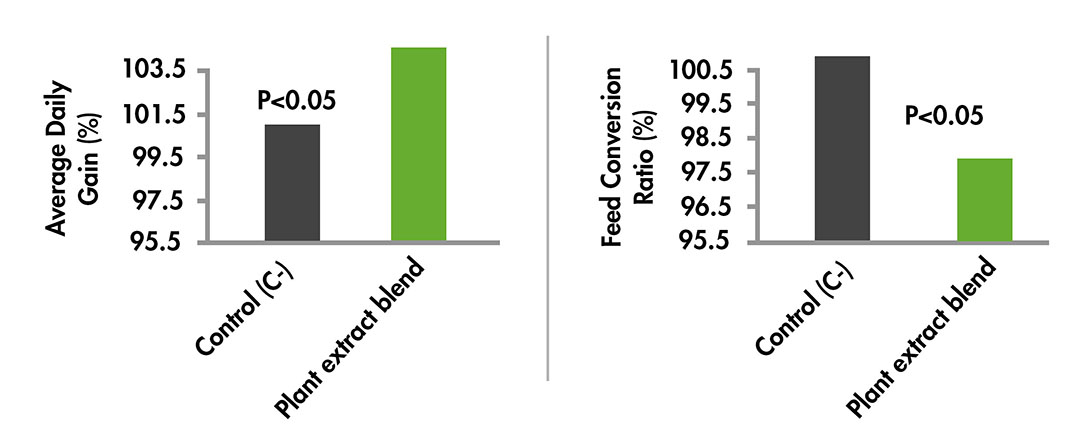
A way to evaluate the interest of this solution is a meta-analysis. Computing 25 trials (14 in experimental farm and 11 at farm level) this plant extract exhibited consistent results on growth rate and feed conversion ratio in broilers (Figure 1). Another plant extract, formulated for ruminant also exhibited consistent results in milk year in different countries and genetics (Figure 2).
Figure 2 – Increase in milk yield of different dairy farms using a complex plant extract.
